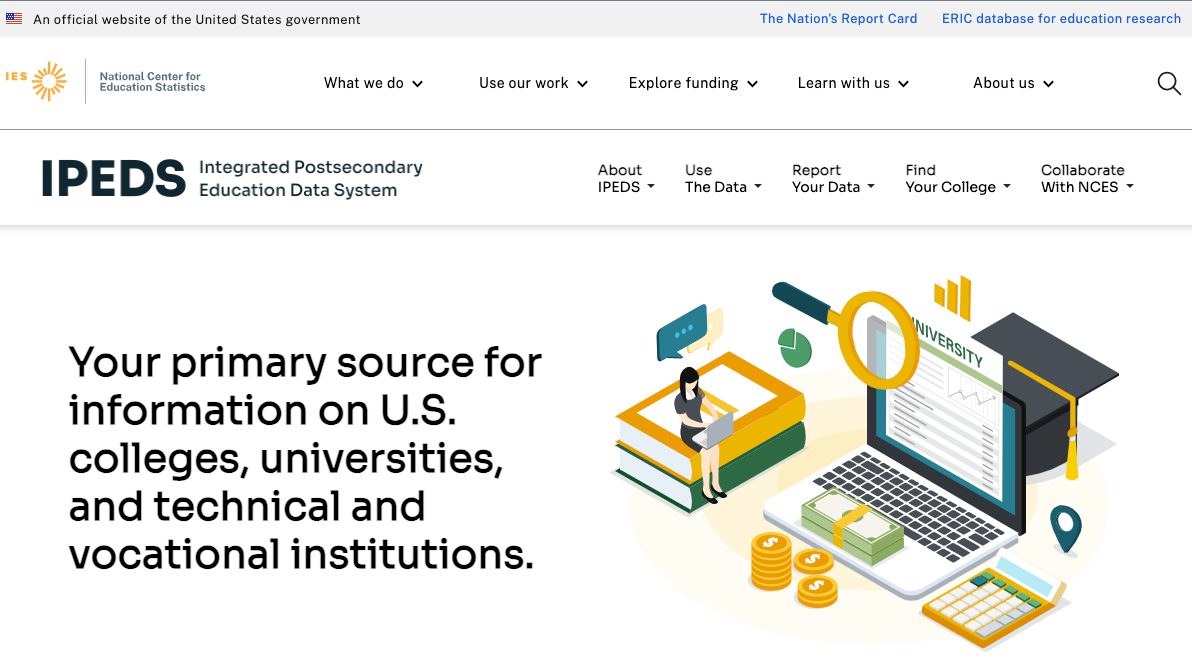Setting the Right Price: A Guide for Independent Educational Consultants, College planners, private College Counselors


Starting your practice as an educational consultant specializing in college planning is an exciting endeavor. One of the most crucial decisions you'll make is determining your pricing structure. Understanding your
services (the product you offer) and the associated costs (time and resources) is essential for staying competitive and successful. This post will delve into key factors, pricing models, and best practices, especially for those using CounselMore, to help you establish a sustainable and profitable business.

Key Factors Influencing Your Educational Consulting Fees
Several factors play a significant role in determining your IEC fees:
- Demographics: Consider the cost of living in your service area and adjust your fees accordingly. Align your pricing with the economic conditions of the families you serve.
- Competition: Research what other educational consultants in your area are charging for similar services. While it’s important to be aware of competitors' pricing, focus on your unique value proposition rather than directly comparing your services.
- Experience: Emphasize your experience, including client recommendations, professional development, and training. Highlight your counseling certificates, internships, volunteer work, webinars, and conference participation.
Key Factors Influencing Your Educational Consulting Fees
Several factors play a significant role in determining your IEC fees (continued from above):
- Reputation: A strong reputation will generate word-of-mouth referrals and become a valuable source of revenue. Focus on delivering a repeatable process so you deliver on clear expectations to build a positive reputation.
- Services Provided: As a new consultant, it's wise to focus on one core product, typically a comprehensive college counseling package. Define your services clearly, create a repeatable process, and track your progress using tools like CounselMore. Specify your delivery model, availability, and any limitations on application/essay assistance. Checkout the CounselMore toolbox for a Template Contract that includes different critical expectations every educational consultant should consider.
- Supply and Demand: In areas with limited competition, you might need to educate your market about the value of educational consulting. Think about the return on investment (ROI) versus the return on experience (ROE) when setting your prices. An example of this might be putting in the college readiness curriculum a focus on building the students skill set as well as their application profile.


Choosing a Charging Model as an Educational Consultant, specializing in College Planning
Here are a few options for how you can charge for your services:
- Hourly Billing: This model allows you to track and invoice for the time spent on each family. It provides transparency but can be difficult to equate all of your time to fees, especially when research outside of meetings is required. As a new consultant, it’s often recommended to start with a comprehensive package. Or you could offer a few hours that move into a package product. We discussed more about this and other ways to create lead generation in our follow-up article.
- Fee-Based (Package Pricing): Clients pay an upfront fee for all services within a set time and a well-defined termination point. This reduces administrative work since you don't have to track hours. Although time tracking, even when you offer package services will always be critical to making good business choices. Therefore tracking time formally or informally should be a part of every consultant's daily/hourly routine.
- Many consultants break payments into two installments, with the first due at contract signing and the
second due at the start of the student's senior year. Linking payment to events helps clients know when to pay, and minimizes administrative tasks.
CounselMore offers different types of billing profiles to support various business models:
- Package: For clients paying a set amount, not based on hours.
- Hourly: For clients paying an hourly rate.
- Block of Hours: For packages that include a set number of hours, allowing you to track time spent. For instance, you can create a "10 Hour Block Package" and track the remaining hours as you log time.


Initial Consultations: Should College Planners Charge for Initial Consultation? To Charge or Not to Charge?
- Most educational consultants do charge for initial consultations, it is becoming a standard practice.
- Some offer free initial consults, particularly when starting out to attract clients, build confidence and minimize imposter syndrome.
- Charging for initial consultations can help you qualify serious clients.
- You can also charge for the initial consult but deduct the fee from the total cost of a comprehensive package. These are things that great Peer Mentors teach you. This works as an incentive to sign a contract, but there should be an expiration date for this offer. When you know your Market you will know when it is best for offers like that to expire or if that will work for your target audience.
Invoicing and Payment Tracking for Educational Consultants with CounselMore
CounselMore is a powerful tool for managing your educational consulting practice, especially when it comes to billing and invoicing. Here’s how you can utilize its features:
- Billing Profiles: Set up billing profiles within CounselMore to define your different service packages or hourly rates. These can be packages, hourly, or block of hours.
- Time Tracking: Use the built-in stopwatch feature to track time spent with each student. This auto-populates into the student's accounting tab as a line item that is fully editable.
- Adding Line Items: You can add line items to a student's accounting tab that include date, miles (if tracking travel), hours, and billing profile.
- Invoicing: Use CounselMore's tools to preview and send invoices.
- Customizable Notes: You can customize notes on invoices to include payment instructions or legal terms.
- Payment Links: You can also set up a payment link within the CounselMore software. This way clients can pay directly through their invoice.
- Recording Payments: CounselMore allows you to record payments, track balances, and send payment confirmations.
- Automated Invoicing: Set up automatic monthly invoicing within CounselMore.
- Accounting Tab: The accounting tab is only visible to the counselor in the basic plan.
- Time Tracking Reports: Generate reports on "Time per Student" to make informed decisions and track time for grants or funding opportunities.



Maintaining a Sustainable Revenue Stream as a Private College Planner
- Package Pricing: Offering comprehensive college counseling packages helps provide a steady income stream, rather than relying solely on hourly billing.
- Payment Schedules: Structure your payment schedules to ensure consistent cash flow, such as two payments or payment linked to significant events.
- Track Time: Utilize time-tracking features to ensure your time is accurately accounted for and that you're being properly compensated.
- CounselMore: The time tracking, invoice, and billing profile features of CounselMore are especially designed for educational consultants.
Additional Tips for setting your fees as an educational consultant in this growing cottage industry
- Value-Based Pricing: Don’t just charge based on time. Consider the value you bring to your clients and the expertise you provide.
- Professional Development: Continue your professional development to increase your value and justify your rates. Seek out a personal business mentor.
- Be Transparent: Clearly communicate your pricing structure and what services are included in each package.
- Utilize Resources: Join CounselMore's monthly mentorship circle and weekly study hall to get guidance from industry experts. Plans start at just $35 a month, and you have access to the group mentorship resources for free!
Setting the right price for your educational consulting services is an art and a science. By carefully considering these factors, choosing the right pricing model, and effectively utilizing tools like CounselMore, you can establish a sustainable and successful practice. Remember, your expertise and the value you provide are crucial, so price your services accordingly.


















